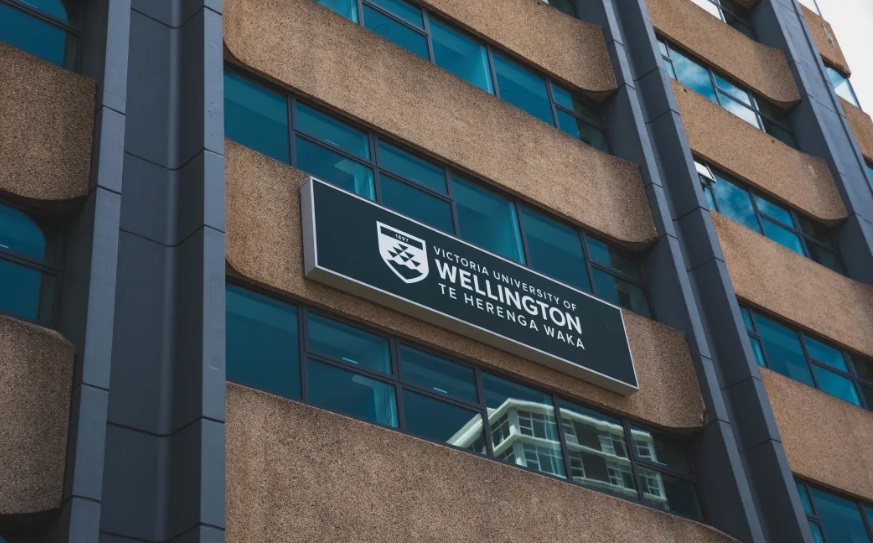
Last week, student magazine Salient criticised the lack of diversity of the five confirmed panellists - singling out the inclusion of the Free Speech Union's Jonathan Ayling as a consistent supporter of harmful rhetoric.
Salient sub-editor Henry Broadbent said the Free Speech Union's support of anti-trans activists and the anti-cogovernance campaign meant Ayling's inclusion compromised the safety of marginalised groups on the campus.
"The speech that [the Free Speech Union] are looking to defend is consistently speech that fits under the United Nations' definition of hate speech, and this is the concern that we have with the university. Why is that you feel hate speech is a legitimate discourse that shouldn't be suppressed?"
He said the presence of RNZ's Corin Dann as moderator and the office of the vice-chancellor's assurances that statements would be fact-checked during the debate did little to persuade him that holding the event would not compromise the safety and well being of marginalised groups attending the university.
"If something harmful or hateful is said - even if it's fact-checked and shut down immediately afterwards - it can't be unsaid, ever. This panel is going to be held in the hub, where it's unavoidable if you're moving between your classrooms. The question becomes, do you value the safety of your students more or do you value the grievances of Jonathan Ayling more?"
In a statement, vice-chancellor Nic Smith said the debate had been postponed to ensure there was enough time to finalise the most effective format and speakers for the event. He said the university remained committed to holding the debate in late May.
"Over 600 people have registered to attend the event, reflecting the high level of interest across our community in discussing this topic. We have also had a large number of different voices express an interest in being part of the conversation. We want to ensure we have a cross-section of balanced and representative views in the discussion and we need more time to do this - hence the decision to postpone the event for a few weeks."
Ayling said two dates had been put to him for the rescheduling and, at this stage, he had no indication from the vice-chancellor he had been dropped from the event.
Ayling said his organisation stood up for everyone's right to speak, and he found it ironic a panel discussion on free speech risked being shut down because of "threats of boycotts and protests".
"We stand up that weak arguments have their say so they can be shown to be weak arguments, and strong arguments have their say so they can be shown to be strong arguments. It's a dangerous view that free speech needs to be held back from hurting minorities. The first thing free speech does is protect the minorities.
"If we're going to live in this idea that everyone gets to have a say, that in a democracy everyone gets to participate in society equally, then we're going to have to accept that if you disagree with someone or you consider their perspective offensive, or harmful, or belligerent, they still get a say. We have to have confidence in the fact that society as a whole can discern error from truth."
He said the university was the ultimate location for dialogue and debate to occur.
"If students are not resilient enough or mature enough to be able to deal in ideas - even those that they find uncomfortable - then maybe they shouldn't be at university."












